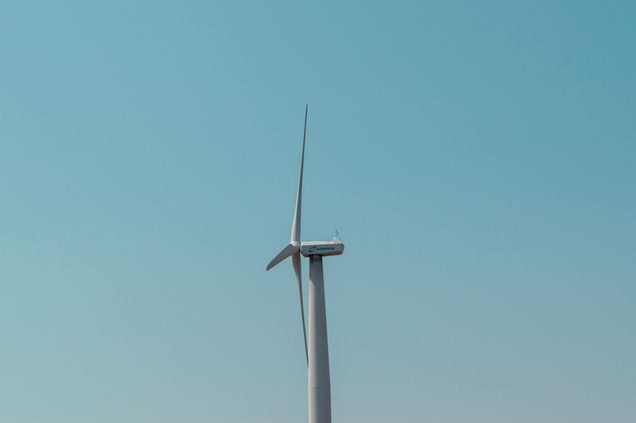Demanding Development: The Political Economy of Climate Finance and Overseas Investments from China

China’s flagship infrastructure project, the Belt and Road Initiative (BRI), is known for being greenhouse gas intensive due to its historically large investments in fossil fuels. Chinese leader Xi Jinping announced in September 2021 that China would stop supporting the buildout of coal-fired power plants overseas, while likewise promising to scale up support for clean energy.
In 2022, China’s National Development and Reform Commission released new guidelines on greening the BRI fleshing out China’s approach to promoting clean energy in greater detail. This policy development marks a break from the past, as prior research found that China has not incentivized finance for renewable energy projects through its overseas financing and investment policies. Alignment of Chinese public finance towards low carbon energy and industry is critical for achieving global decarbonization goals given the potential magnitude of future Chinese overseas development finance.
A new journal article in Energy Research & Social Science by Rishikesh Ram Bhandary and coauthors examines the drivers of Chinese overseas financing in renewable energy and the political economy factors in recipient countries that steer this finance toward climate-friendly projects. The authors examine utility-scale wind and solar energy projects in Argentina, Bulgaria, Chile, Ecuador, Ethiopia, Kenya, Lesotho, Pakistan and Romania.
Main findings:
- Host country policies decisively steered Chinese policy bank finance towards renewable energy.
- Where host country governments have offered strong policy incentives for renewables, Chinese banks and developers readily provided bundled financing, technology and construction services even in markets considered to be risky.
- In five of the nine countries studied, political agreements preceded investment.
- Developing countries are found to value the bundled nature of finance, technology and construction services offered by China, as well as the speed of construction.
- As governments move towards policies utilizing competitive price discovery mechanisms, such as reverse auctions where developers compete to submit the lowest bid, the Chinese policy bank appetite for low-carbon investments may wane.
In all, finance from Western multilateral development banks and Chinese financial institutions, among others, will be necessary to pursue decarbonization across developing countries. As this study underscores the importance of host country policy drivers, supporting developing countries to formulate, implement and enforce policies that can attract both finance and technology suppliers will be vital. The speed at which Chinese development banks can initiate and implement large scale projects is a major advantage, which means that greater effort should be made to identify opportunities for collaboration.
Read the Journal Article